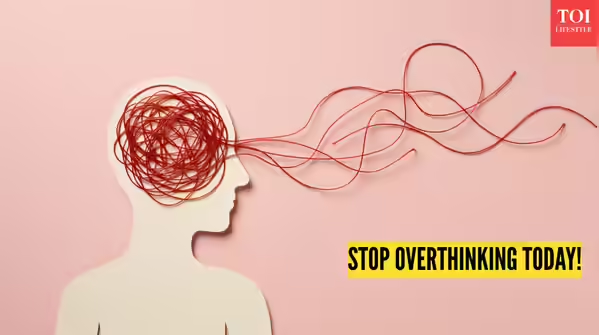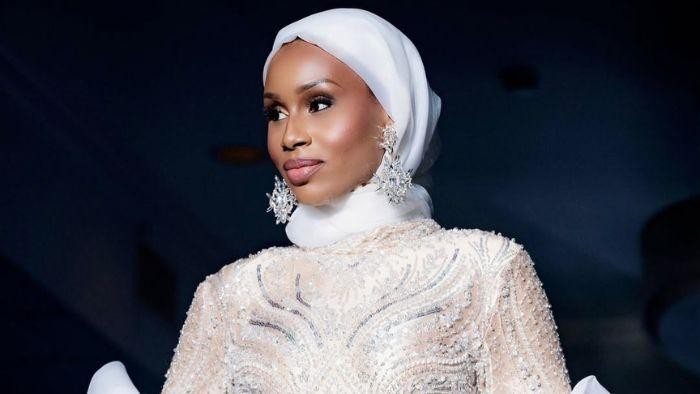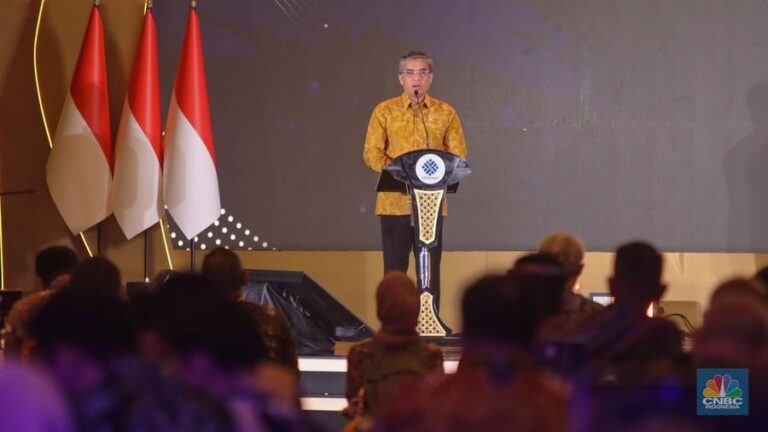In a rare op-ed on Monday evening, Amazon founder Jeff Bezos, who also owns The Washington Post, publicly addressed the backlash ignited by the paper’s unprecedented decision to forgo endorsing a candidate in the 2024 presidential election. Defending the move as a principled step toward journalistic neutrality, Bezos argued that halting endorsements is ultimately a stance against perceived bias—a way to maintain the Post’s reputation for independence amid an increasingly divided media landscape.
“Presidential endorsements do nothing to change the course of an election,” Bezos wrote. “Voters don’t choose their president based on a newspaper’s opinion. What endorsements do, however, is create an illusion of partiality—a shadow over the integrity of our reporting. Choosing to end them is a decision rooted in principle, and it’s the right one.”
The op-ed, published amidst rising discontent, came hours after three prominent members of the Post’s editorial board resigned in protest of the decision not to endorse Vice President Kamala Harris. Pulitzer Prize-winner David Hoffman was among those who departed, stating that he couldn’t, in good conscience, stay silent on what he sees as an existential threat to democracy. In his resignation statement, Hoffman warned that “autocracy looms, and silence from the press is dangerous. We face a terrible choice, and to say nothing, by avoiding an endorsement, is a silence I simply can’t condone.”
Meanwhile, nearly two dozen Post columnists, including iconic journalists Carl Bernstein and Bob Woodward, openly criticized Bezos’s decision in a letter published on the Post’s website. “The Washington Post’s decision not to make an endorsement in the presidential campaign is a terrible mistake,” the letter stated. “It represents an abandonment of the fundamental editorial values that we stand for.”
Former editor Marty Baron, a notable figure who led the Post’s award-winning coverage of the January 6 attacks, publicly condemned the decision as “unprincipled” and dismissed the justification for it. “If the Post believes its readers can think independently about issues facing our democracy, then eliminate all editorials,” Baron said. “But to back down now, 11 days before the election, while dropping only the presidential endorsement, sends the wrong message.”
Bezos’s decision has sparked accusations that he is using the paper’s neutrality as a way to appease former President Donald Trump. The criticism intensified when Trump met with Blue Origin’s chief executive Dave Limp just hours after the endorsement announcement. Bezos, however, denied any connection between the meeting and the Post’s decision. “There was no quid pro quo,” Bezos clarified. “Neither campaign was aware of or consulted about this choice—it was entirely our own decision.”
Bezos admitted he was aware of the appearance of potential conflict, particularly with his significant stake in Amazon and Blue Origin, but he defended his role, asserting that his wealth protects rather than compromises the paper’s independence. He emphasized that, despite speculations of influence, he has kept a strict boundary around editorial decisions since purchasing the Post over a decade ago.
In his op-ed, Bezos also warned against the rise of unvetted media sources, which he sees as a growing threat to traditional journalism’s credibility. He stated, “I will not let The Washington Post become irrelevant or overtaken by unresearched podcasts and divisive social media rhetoric—not without a fight. This paper is too important.”
As the backlash over the decision continues, the Post now finds itself in a complicated battle to uphold journalistic standards while navigating its owner’s controversial role in the broader media landscape. Bezos’s defense of his decision, combined with the dissent within the Post’s own ranks, has raised new questions about the role of endorsements and whether they hold any place in an era where media bias remains under constant scrutiny.









